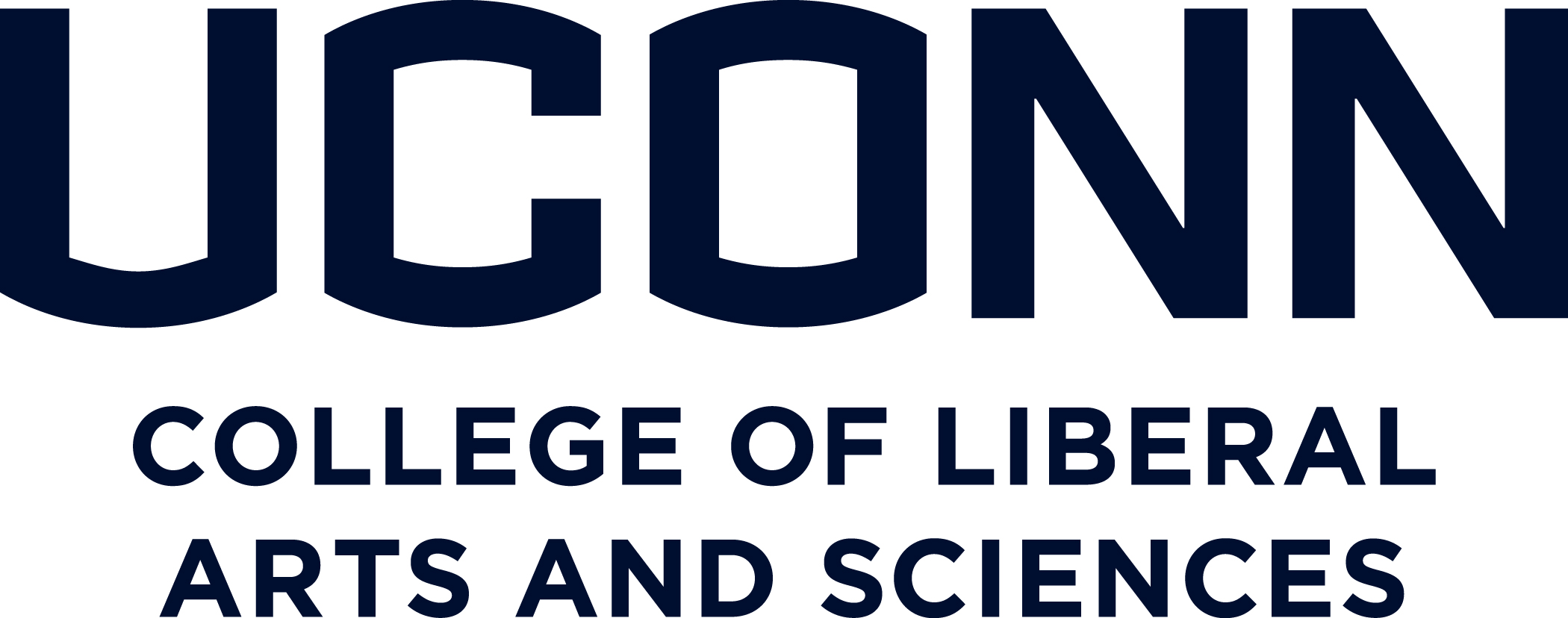Overview
Workshop is free for all attendees!
The goals of this workshop are:
- to provide a working understanding of theoretical and computational methods of molecules and their reactivity in the gas- and liquid- phases.
- to introduce existing software for obtaining observable quantities describing such systems.
- to employ High Performance Computing (HPC) with the goal of improving user productivity and minimizing the obstacles typically encountered by new users of such complex systems.
The workshops will cover various ways that computers can be used to enhance and expand the educational and research experience of students, post-docs, and faculty. These introductory level workshops will include both lectures and hands-on exercises using the actual machines.
Who Should Take This Workshop?
This workshop will include both lectures and hands-on exercises involving Organic, Inorganic, Organometallic, and Bioinorganic systems on Linux
workstations and a High Performance Linux Cluster.
The concepts and examples presented in this workshop are intended for nonspecialists, particularly experimentalists, as well as for new or potential
users of High Performance Computing who would like to solve important problems in various scientific sub-disciplines.
No previous experience with either Linux or the applications is necessary.
Collaborations are Encouraged
Computational Chemistry is highly interdisciplinary in nature and its research area broadly spans Physics, Chemistry, Biology, and Material Sciences. Along with the rapid advances in computer technology and theoretical algorithms, Computational Chemistry is widely applied and provides important microscopic insights into many complex systems. At present, Computational Chemistry is used in experimental research studies to provide both qualitative and even quantitative predictions, and has tremendous potential for future development and application in many areas of science.
This workshop will focus on close collaboration between experimental groups in several research areas including Chemistry, Biochemistry, and Physics and Computational Chemists, to provide atomic, molecular, or electronic level insights into a wide range of experimental results, including molecules in isolation, in complexes, or in condensed phases. This involves selecting important model systems and expanding their scale and efficiency to provide realistic simulations.
Oftentimes, students and faculty tend to be narrowly trained in a single sub-discipline. Collaboration with colleagues from different subfields is the obvious solution to this problem. This workshop provide an opportunity for participants to network and collaborate with other scientists, and to deepen their knowledge in many other potentially unexplored subfields of Chemistry, Biochemistry, and Physics. Ample time will be allotted for participants to pursue individual research projects.
Accounts are Required on the UConn Linux HPC Cluster
Workshop participants are required to have accounts on the UConn High Performance Cluster.
Accounts will be assigned prior to the workshop for those participants who do not already have an account.
All participants must logon to the UConn Linux HPC Cluster prior to the workshop to ensure login connectivity.
Personal Laptops Are Required
Participants use their personal laptops which have internet capability to access the UConn HPC Linux cluster. Laptops will also be used to perform visualization and analysis components locally for the exercises
Required Laptop Software
To logon to the Linux cluster remotely , you will need software to support an ssh text based session, and software to support X11 graphics generated by the HPC system. For Microsoft Windows, Mac OS X, and Linux users, the X2Go software enables access to a graphical desktop of a computer over a low bandwidth (or high bandwidth) connection.
Please read the X-Storrs HPC Wiki web page for instructions on how to install the x2goclient on your laptop. Installation of the x2goclient on your laptop will allow very easy acces to the UConn HPC Linux Cluster.
Another useful laptop application is FileZilla Client which is a fast and reliable cross-platform SFTP client with lots of useful features and an intuitive graphical user interface. Using the FileZilla Client allows for transfer of files to/from the laptop to the HPC Linux Cluster.
Microsoft Windows Users
- Command line ssh and scp connections: Download available at puTTY
- X11 Graphics Support: Download available at Xming X Server for Windows
Mac OS X Users
- Command line ssh and scp connections: this software is generally included with the operating system.
- X11 Graphics Support: Download available at XQuartz
Linux Users
- Command line ssh and scp connections: this software is generally included with the operating system.
- X11 Graphics Support: this software is generally included with the operating system.
Application Software
The following application software should be installed locally on your laptop. Links to these are given on the Resources web page.
- Higher Priority: JMol/JSMol, VMD, Chemcraft, Gabedit, Avogadro, Molden, PyMOL, Grace, Gnuplot
Most of these applications are freeware.
Avogadro, Gabedit, Chemcraft, and Molden can act as good substitutes for GaussView
Chemcraft is commercial software, but offers a free trial period, and should be douwnloaded so that the free trial period spans the dates of the workshop.
PyMOL can be downloaded through the UConn Software Catalogue along with the license agreement.
- Lower Priority: GaussView
GaussView is a commercial product which smoothly interfaces with the Gaussian program, and is quite useful. It is expensive and is not necessary for this workshop.
Gabedit, Avodadro, and Chemcraft are reasonable alternatives to GaussView but may not have the exact same functionality. All are very useful for visualization of results.

